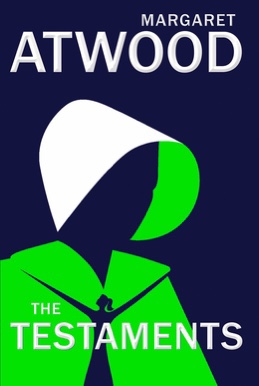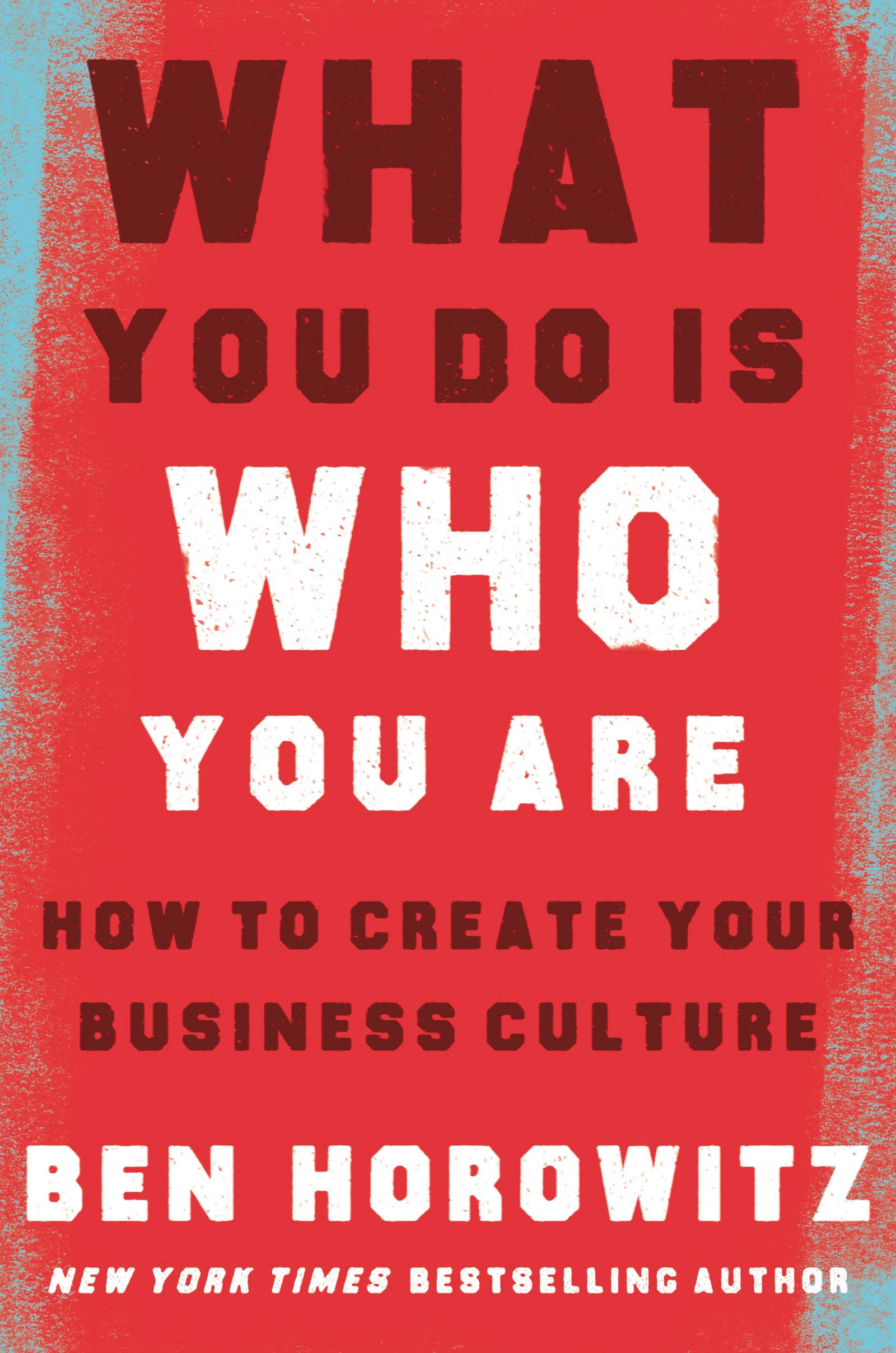
I’m of mixed mind on reading Margaret Atwood in grade school. She’s clearly a literary powerhouse, and I love that she is enjoying such public success. The shows created from Alias Grace and The Handmaids Tale are excellent. The books they are based on are full of wit and wisdom and she’s clearly a talented author.
When I was in grade school her books were required reading. My boyhood memory of reading the books was a bore and a chore. There was so much I didn’t understand reading the books, and the approach they took shaping characters and developing plot was different from the books I had read previously. The books challenged my thinking and made me grapple with my understanding of the world and how it worked. Trying to understand the thought experiment of being a woman under the control of an oppressive government and strict social order was challenging. I think it was clearly the challenge I needed because I found it a bore and a chore. I needed that in my life. I wish I could say I came away from my first encounter with Margaret Atwood’s writing an enlighten and wise young man. That didn’t happen. Don’t blame Atwood.
I wish there was a better way to introduce her work so I understood what I was getting into. I suppose dropping someone into the experience and watching to see what they get out of it is reasonable. I regret my first experience with Atwood was of boyish impudence and not more open to the wisdom in the writing.
I just finished reading The Testaments, and I found it a lovely experience. The same challenges faced me. It was a stretch for me to think through what it would be like to be a woman under such harsh and cruel conditions. I hope I can collect a small amount of the experience to learn from and inform my decision making and empathy towards others in the future. If reading Atwood makes me a more well rounded and considerate person, well you can certainly blame Atwood for that.
I read an interview with Margaret Atwood as she was working on this book. It was interesting to hear how she was taking in feedback from her readers and working to respond to their desires. Her readers wanted to know what happened after The Handmaid’s Tale. The Testaments is an answer to that request, carrying on the storyline. Atwood also spoke of the pressure she felt in writing this novel. Given her success with her work over the years, and recently turning some of it into very popular shows, to add to her collection of work has as much potential for risk as it does for reward. Unless it’s excellent, it’s a potential disappointment. It was lovely to read this book and realize that it was not disappointing, and reminded me why I enjoy reading Atwood’s work.
